Are you thinking about leasing an electric vehicle but aren’t sure of the pros and cons? You’re not alone! Leasing an electric vehicle is becoming increasingly popular, especially among young adults, so it’s important to understand exactly what you’re getting into before signing a lease agreement. In this article, I’ll discuss the advantages and drawbacks of leasing an electric vehicle to help you make an educated decision.
Research electric vehicles
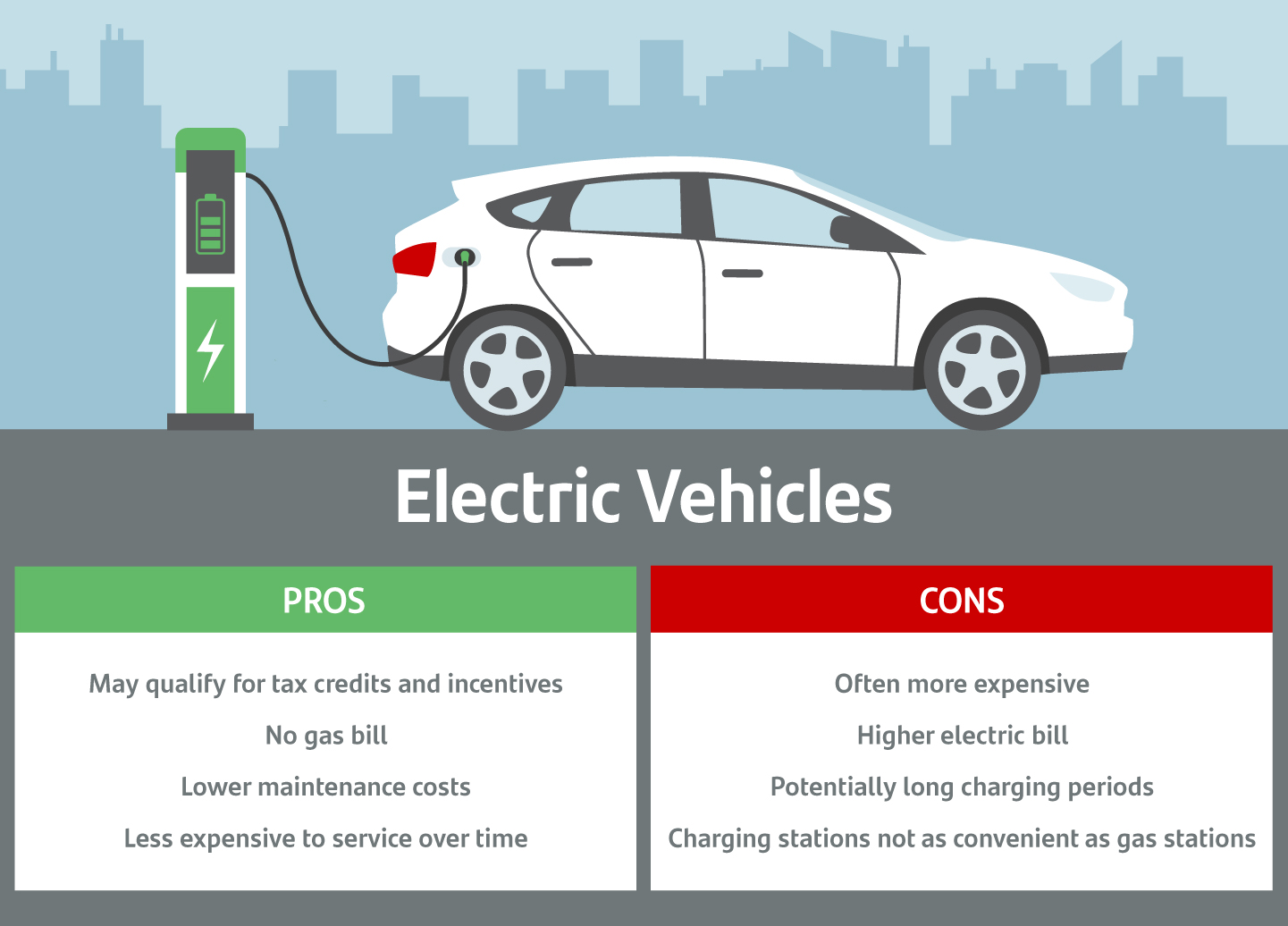
Researching electric vehicles is a must before leasing one. With all the different options available, it can be overwhelming. However, sites like Edmunds and Carfax are great resources to compare different electric cars and read reviews. You should also check out government websites to learn more about potential incentives and tax credits. Doing your research will ensure that you make the best decision for you.
Compare pros/cons
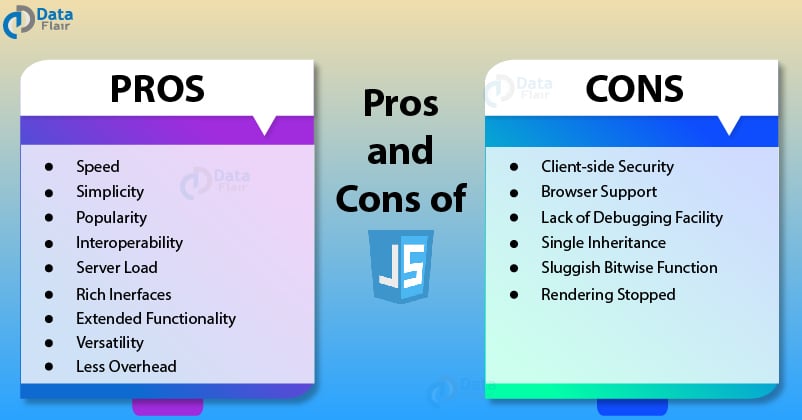
When it comes to leasing an electric vehicle, there are both pros and cons. Firstly, the pros include lower fuel costs and less maintenance, as well as the potential to receive government incentives. On the other hand, the cons include higher upfront costs and limited availability of charging stations. It’s important to weigh the pros and cons before making a decision.
Check lease requirements
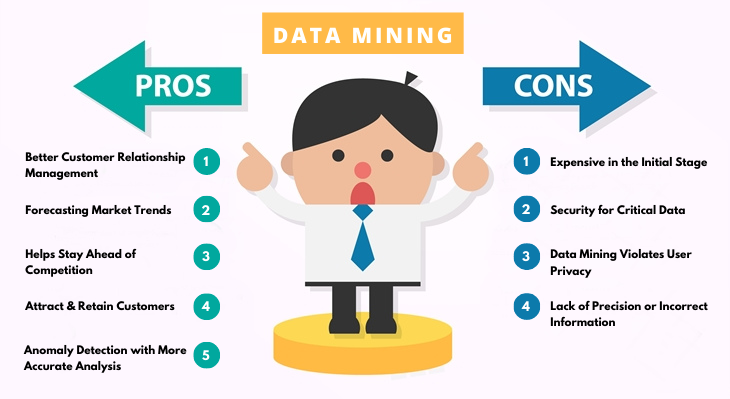
Leasing an electric vehicle is a great way to be more sustainable, but it’s important to make sure you meet the requirements. It’s usually necessary to have a good credit history and a steady income. Make sure you read all the fine print and understand the terms of the lease before signing. Also, you should be aware of the potential penalties for returning the vehicle before the lease is up. Have all your ducks in a row and you’ll be ready to drive your new electric vehicle in no time!
Calculate running costs

Calculating the running costs of an electric vehicle is important when considering a lease. Since electric vehicles don’t use petrol, you don’t have to worry about fuel costs, but you will still have to pay for electricity to charge the car. Knowing how much electricity costs in your area is important, as this will be factored into your running costs. Additionally, you will need to factor in the cost of maintenance and repairs, as these will be higher than for a regular internal combustion engine vehicle.
Choose preferred option

Choosing to lease an electric vehicle can be a great option. The pros include lower monthly payments, access to the latest technology, and no hassle of trading in or selling. On the other hand, it’s important to consider the cons, such as the cost of extra miles, restrictions on modifications and repairs, and the fact that you don’t own the car. Think carefully before making a decision that could affect your finances and your lifestyle.
Sign lease agreement
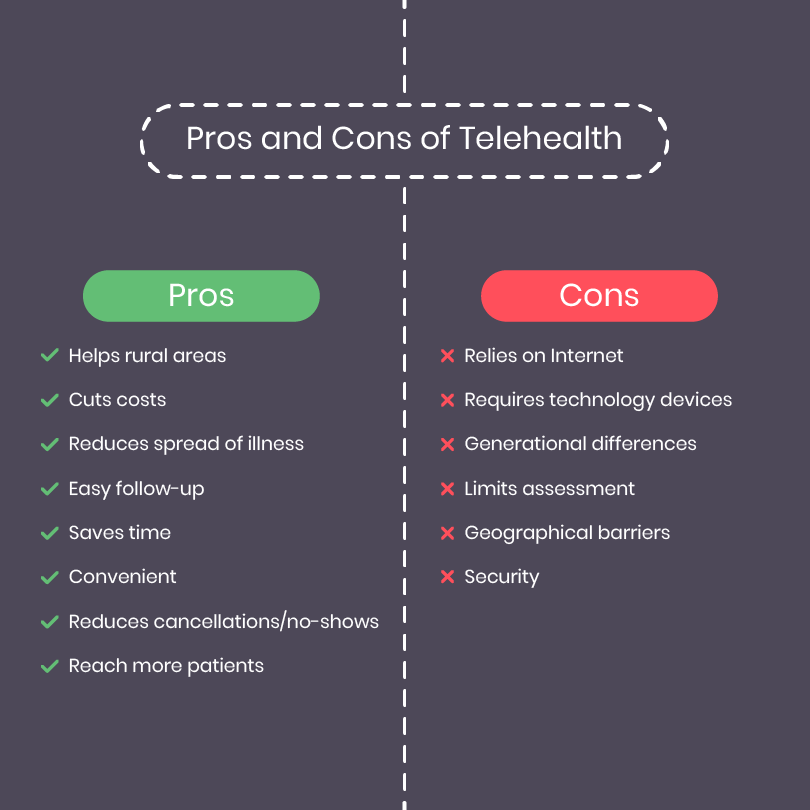
Leasing an electric vehicle can be a great way to save money and be more environmentally friendly. Signing a lease agreement is a crucial step in the process, and it is important to make sure that you understand what you are committing to and what your rights are. Before signing, be sure to read all of the terms and conditions carefully and ask questions if something is unclear. Don’t forget to check the warranty details and make sure you are protected if anything goes wrong with the vehicle.


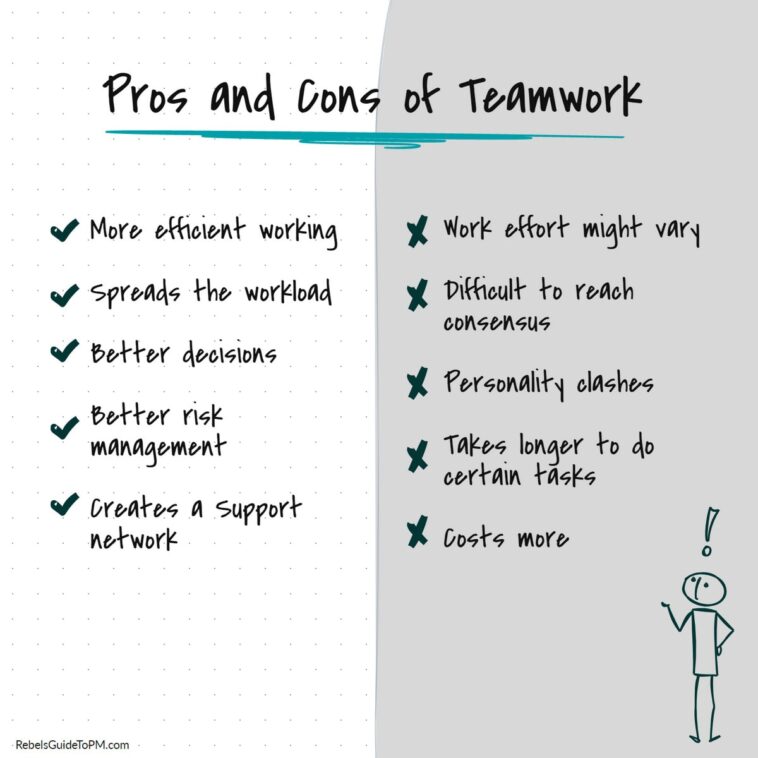


GIPHY App Key not set. Please check settings